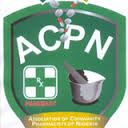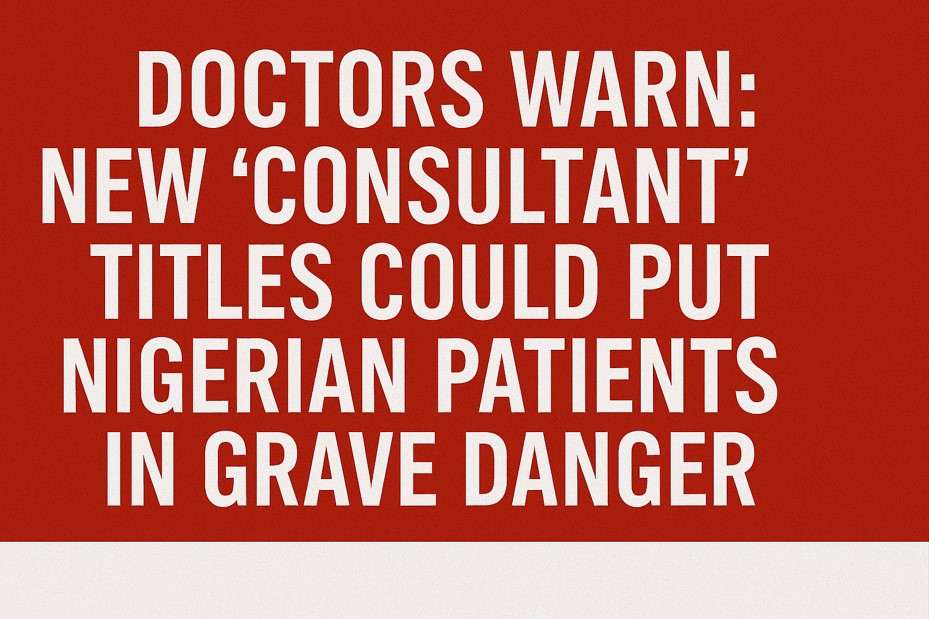Stakeholders in both private and public health sectors have declared that robust governance is essential in ensuring accessible, affordable, and quality services. They also called for policies and programs that would facilitate the integration of private and public sectors in the healthcare delivery system.
The experts who gathered at the 2024 Annual Conference of the Healthcare Federation of Nigeria, HFN themed: “Bridging the Gap: Public-Private Integration as a Catalyst for Sustainable Growth,” stressed the role of collaboration between the public and private sectors in driving sustainable healthcare development.
In his submission, the Minister of State for Health and Social Welfares, Dr Tunji Alausa who pledged the government’s commitment towards creating a better sector noted that the goal of universal health coverage was to ensure that all people obtain the health services they need without suffering financial hardship when paying for them.
Alausa said it was becoming increasingly crucial for the federal government to deepen its relationship with the private sector and not just automate, but to play as a compass.
He said collectively that private markets have the potential and the capacity to bridge the gaps and constraints faced by government finance and government-paid market healthcare.
“We are re-establishing a medical restoration hub in each of the six geopolitical zones in the country, to attract local pharmaceutical industries, local vaccine manufacturers, and medical devices, and ultimately unlock the valuation in our healthcare system.”
Speaking, the Lagos State Governor, Babajide Sanwo-olu who was represented by the State Commissioner for Health, Prof Akin Abayomi posited that creating a better environment would reverse the Japa syndrome to Japada commended the significant roles of private sector players in the state’s healthcare delivery system, with over 3000 healthcare facilities.
He said that with the private sector’s predominance, the government is compelled by all indices to expedite an effective public-private partnership in the state, in line with the theme of the conference.
According to him, no Nigerian in the diaspora who does not want to come back home, hence, the need to create the environment for those who want to come home.
“Can you imagine if only a quarter of our diasporans with that wealth of expertise that they have could come home? But we can’t bring them back home if we don’t create the opportunity for them to practice what they are accustomed to practicing, where they have learned those traits in different parts of the world. Let us talk about the brain gain or the circular brain strategy.”
Speaking, the National Coordinator of the Presidential Initiative on Allocating the Healthcare Value Chain, Dr Abdul Mukhtar who noted that the country spends about a billion dollars in medical tourism every year said it was no longer an option to industrialize health care in the country but an imperative and a necessity to do it.
“There are about 150 manufacturers in this country. About 20 to 25 of them have revenues of over $10 million.”
Earlier in her address, the President of, the Healthcare Federation of Nigeria, HFN, Dr Pamela Ajayi, highlighted the challenges encountered by their members in their quest for healthcare provision, hence, the need for the conference themed: “Bridging the gaps in healthcare: public-private partnerships or integration as a catalyst for sustainable growth” She emphasized on the need to resolve most gaps in public-private partnership, irrespective of the significant interventions by the association, she maintained that there are still gaps to be bridged, for an average Nigerian to access healthcare seamlessly.
According to her, “Our mission is to support the achievement of Universal Health Coverage, through private sector activation. With the challenges that we experience in the country, with our healthcare institutions, etc. We know there are gaps in healthcare, and so we came up with this theme because we know that there is a rift between the public and the private sectors although as friends, we have made a concerted effort to ensure that we work together.
“There are so many issues we’ve worked together on public-private partnerships we have helped cultivate. There are so many things in the government we’ve advocated for that have been done, but still, the gaps that exist, the rifts that exist between the two need to be closed for a lot of the healthcare system issues to be resolved”.
Speaking, Chief of Health and HIV/AIDS, UNICEF, Dr. Eduardo Celebes said the theme of the conference, emphasized the vital cooperation required to improve systems to guarantee accountability, coordination, and dominance, and reinforce the people.
Celedes said that for this to happen, partnership between the public and private in the healthcare sector is essential to address the pressing gaps and build resilient healthcare infrastructure.
The UNICEF Representative said the Healthcare Federation of Nigeria is uniquely situated to be a driving force for the nation’s healthcare sector and urged them to leverage their collective expertise and resources to further these admirable goals.
Deputy Director of Health and Nutrition at the Bill and Melinda Gates Foundation, Hans-Peter Webbing, commended the HFN for strengthening and helping to strengthen the private sector in their work towards universal healthcare coverage.


